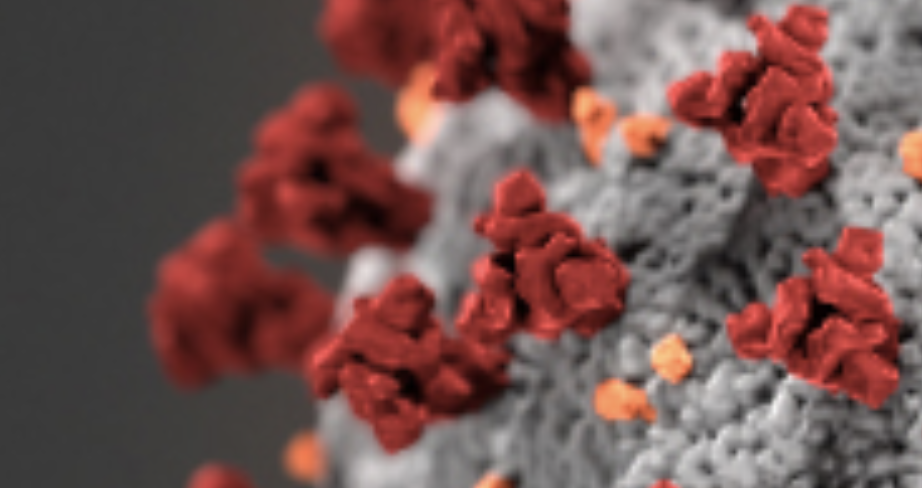
A recent study of a nasal antiviral created by researchers at Columbia University Vagelos College of Physicians and Surgeons suggests that the spray may block transmission of SARS-CoV-2, including recent variants, among humans.
The study published in the journal Science on February 17, 2020, says the medicine blocked transmission of the virus in ferrets, which are commonly used for studies of respiratory diseases.
The researchers envision their formulation as a prophylactic agent that people would apply to their nasal passages – where COVID-19 most readily enters the body – two to six hours or more before potential exposure. The lipopeptide is robust and stable at room temperature, eliminating the need for refrigeration or cold-chain storage.
“So, for example, if you want to go to a gathering, say a basketball game or somewhere where you’re nervous that you might be exposed to the virus, this product is something that you would spray in your nose at the beginning of the day, and should enable a 24-hour or more protection from the virus,” Alabi said.
https://news.cornell.edu/stories/2021/02/nasal-spray-blocks-covid-19-infection-ferrets
The antiviral lipopeptide is inexpensive to produce, has a long shelf life, and does not require refrigeration. These features make it stand out from other antiviral approaches under development, including many monoclonal antibodies. The new nasal lipopeptide could be ideal for halting the spread of COVID in the United States and globally; the transportable and stable compound could be especially key in rural, low-income, and hard-to-reach populations.
https://scitechdaily.com/an-antiviral-nasal-spray-to-prevent-covid-coronavirus-transmission/
Some scientists say that, if effective, the nasal spray would seem to eliminate the argument for the need for universal mask wearing in public.










